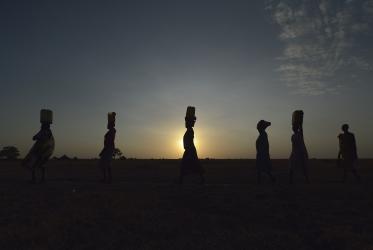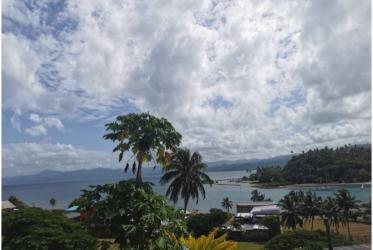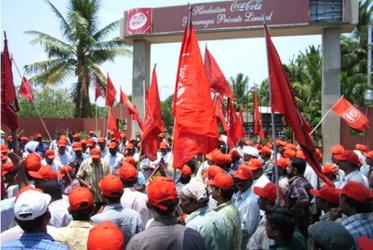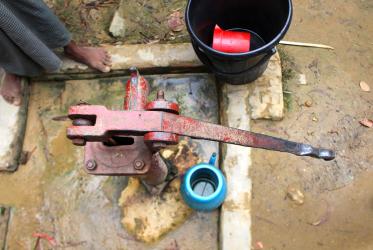A joint publication of the World Council of Churches (WCC) and ACT Alliance, this study document aims to clarify the understanding of ecumenical diakonia and to provide a common platform for acting and reflecting together for the churches and ecumenical partners worldwide.
The major publication outlines the theological components of diakonia and offers practical content for those engaged in the service of diakonia. The study document is intended to be used for formation and training in ecumenical diakonia, to strengthen the institutional capacity of those involved in diakonia, and to foster dialogue and cooperation between churches, ecumenical partners, ACT Alliance and the WCC.
09 June 2022















